The Independent Patriots for Change (IPC) say it won’t waste its time on green hydrogen power production and instead is leaning towards nuclear energy to power Namibia.
IPC spokesperson Imms Nashinge yesterday said this to The Namibian when asked about the party’s approach to energy.
“To us, green hydrogen is more of an experiment and we are not wasting time with experiments. We have methods that are tested and they work, all you need is to get money and you start producing electricity,” he said.
IPC and Swapo launched their manifestos last weekend, which includes plans on how to produce electricity for the country.
IPC’s manifesto says the party prefers nuclear energy over green hydrogen.
“With strategic partners, explore and develop the possibility of Namibia becoming a nuclear power producer within the next 20 years, with a view to reduce local energy costs and reduce greenhouse gas emissions,” IPC says in its election promise document.
It said it would expedite the development of the Baynes Hydroelectric Power Station as a source of renewable energy and regional diplomacy.
Nashinge added: “Globally, 90% of these projects don’t have funding and we, IPC, are on our own and we have to push the agenda on our own, not this green hydrogen.”
“In the past 10 years, some mines in the Erongo region were supposed to open and start mining activities, but because of our shortage of energy, they are not operating yet and that has contradicted employment opportunities and other funds that can come from mining activities,” he said.
“We don’t have time to waste, we have methods that are tested and they work.”
Green hydrogen commissioner James Mnyupe this year announced that green hydrogen projects have created 400 jobs from eight projects.
“These government-backed projects stand as a beacon of Namibia’s commitment to green energy, having already employed over 400 individuals and channeled approximately N$170 million into small and medium-sized enterprises for essential services,” Mnyupe said.
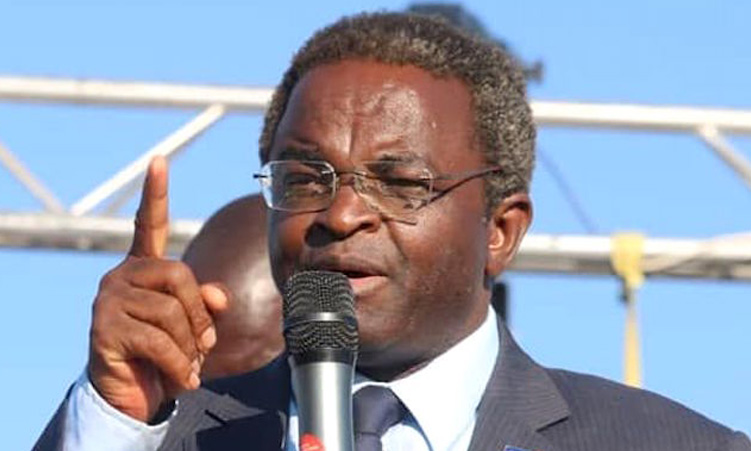
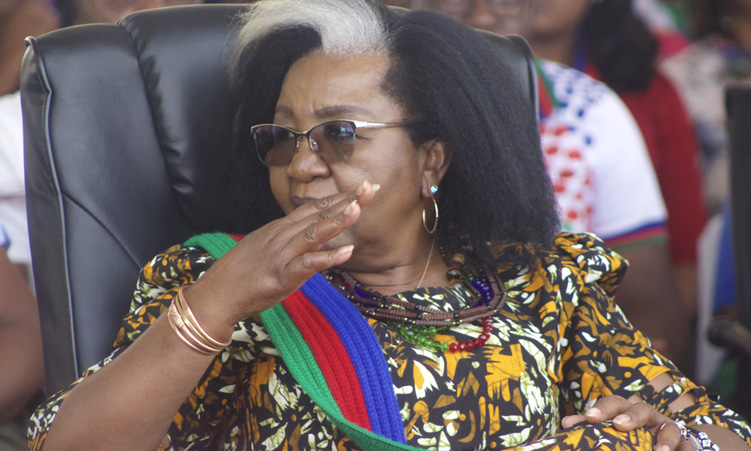
THE GODFATHER
Green hydrogen was mainly pushed by former president Hage Geingob who allowed his presidential adviser, James Myumpe, the licence to sell the concept to the world.
On 22 December, Hyphen Hydrogen Energy announced that the government, via the SDG Namibia One fund, finalised buying a 24% stake in the company worth billions.
However, the ruling party only mentioned the words “green hydrogen” once in its manifesto. To some, this was a sign that the ruling party was not going to pay.
The manifesto says: “Position Namibia as a key player in the production of green hydrogen and its derivatives, being domestic solar manufacturing and assembly plants, for electrolysis, refining of rare earth minerals and elements as well as biomass with a view to diversify the economy.”
Swapo secretary general Sophia Shaningwa says Namibians must wait and see what the party’s future plans are on green hydrogen.
The Popular Democratic Movement in their manifesto said they will increase efforts in the development of green hydrogen.
“Increased efforts in the development of green hydrogen, and oil exploration with a new government agency (or capacitate the existing ones) to plan and manage our energy programs,” the current official opposition party said.
Namibia Democratic Party leader Martin Lukato says green hydrogen is good for Namibians.
“My party supports the project, but what we want is for the project to benefit the Namibian people. It is so important for Africa and for Namibia,” he says.
According to Lukato, the project will bring employment.
“We believe that our people should benefit in job creation,” he says.
Lukato says his party has many issues to address, which is why green hydrogen was not properly mentioned in their manifesto.
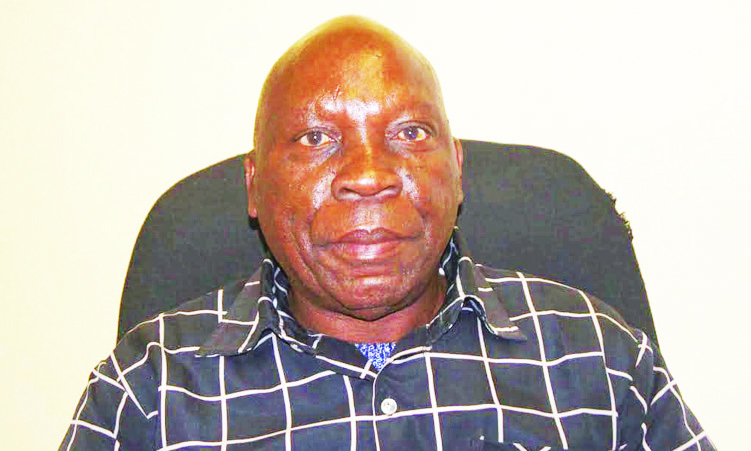
SILENCE
Other parties were also mute on green hydrogen.
Republican Party president Henk Mudge also expresses scepticism regarding Namibia’s green hydrogen projects, describing it as all hype and raising doubts about the country’s sudden role in its production.
He also voices concerns about the transparency surrounding the initiative, citing unanswered questions about the project’s development.
“I have got my doubts, to be quite honest with you, about the green hydrogen issue. I think it is all hype and I cannot think why Namibia is the only country in the world that can all of a sudden produce it,” Mudge says.
According to him, he is unhappy with the way the project has been handled thus far.
Mudge says due to these concerns, the party refrained from addressing green hydrogen in its manifesto.
“There are too many questions, that is why we did not mention it. The oil and gas situation needs to be answered. Until then, we are not going to express ourselves,” he says.
Community activist Albertina Thomas says political parties did not include green hydrogen in their manifestos because they were focusing on bread-and-butter issues.
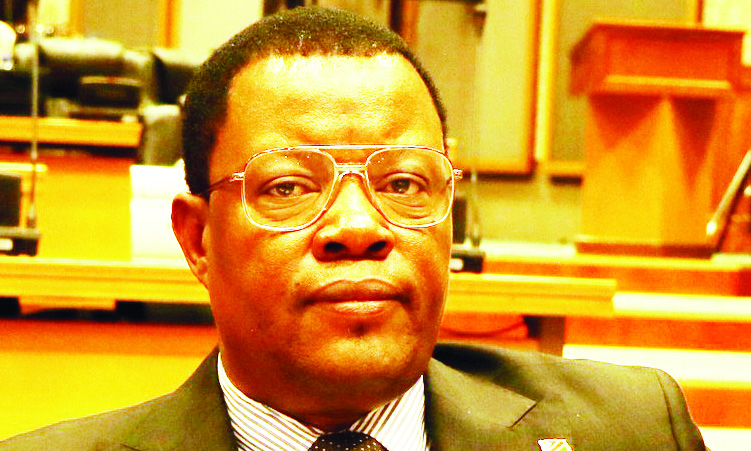
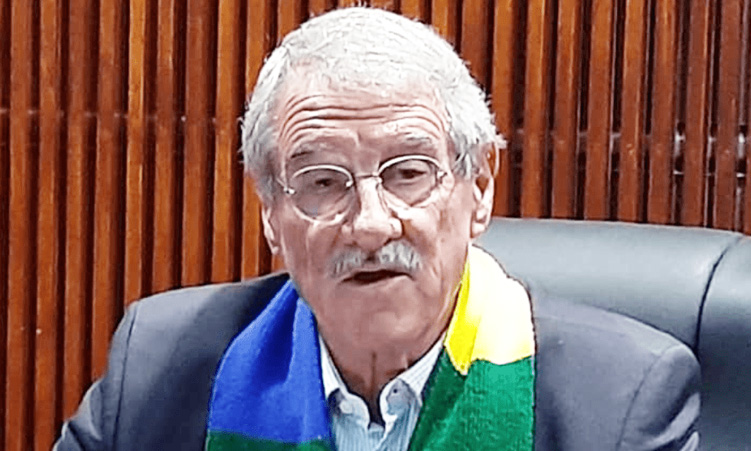
“Green hydrogen is a new concept that has been introduced to the public and some political parties are focusing on bread-and-butter issues. It needs to be clearly introduced so that they can focus on it, but for now, it is social issues first,” she says.
National Empowerment Fighting Corruption party vice president Stefanus Matheus says the party lacks an understanding of the project.
“We cannot just craft something that we do not understand,” he says.
According to Matheus, the fishing industry holds more value for Namibia.
“That is why we think green hydrogen is not more important to Namibia or to me as a person. Our fishing industry is more important and better than the green hydrogen programme,” he says.
According to him, the project promised Namibians jobs, but until now there has been none.
“When the green hydrogen project started, we were promised jobs, but until now, I still have to wait and see if l can get a call from them,” he says.
Stay informed with The Namibian – your source for credible journalism. Get in-depth reporting and opinions for
only N$85 a month. Invest in journalism, invest in democracy –
Subscribe Now!










